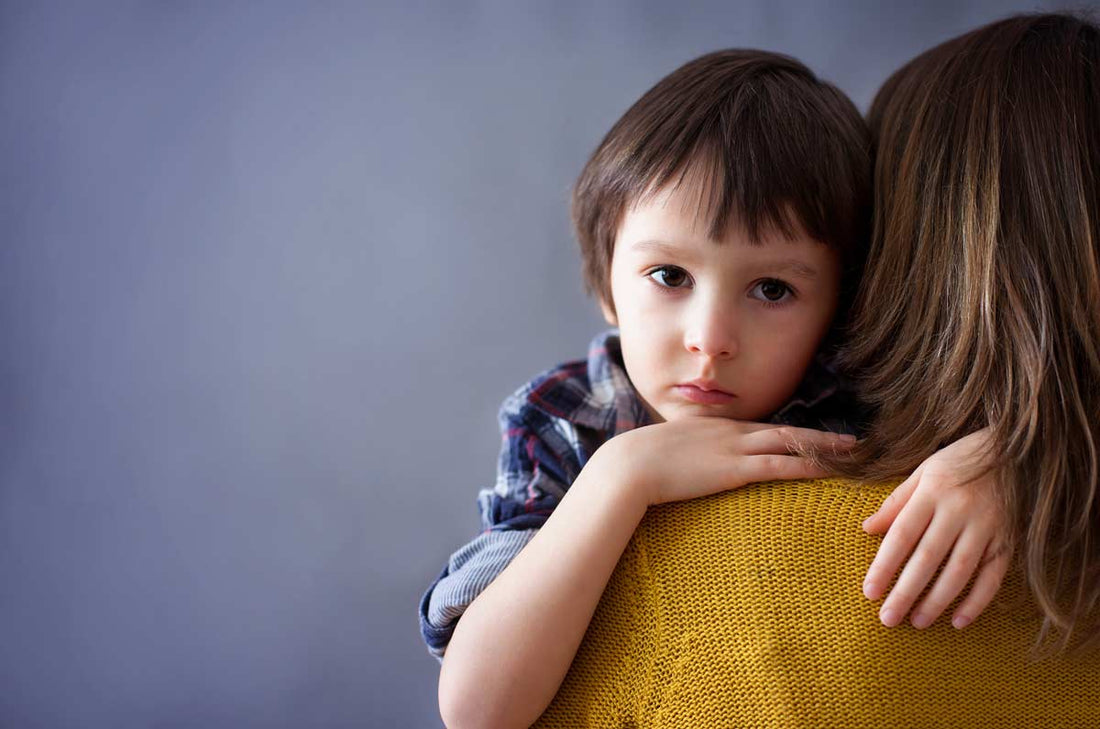
Recognizing Anxiety and Depression in Kids Early: A Parent’s Guide
Share
Mental health is just as important as physical health—especially for children. While it's easy to attribute a child’s mood swings or behavior changes to growing pains, sometimes the signs point to something deeper. Anxiety and depression can start young, and recognizing the early signs can make all the difference.
Why Early Detection Matters
Children often lack the vocabulary to express their emotions clearly. Unlike adults, they may not say “I feel anxious” or “I’m depressed.” Instead, their struggles show up in behavior, sleep patterns, social interactions, and even physical health. Early recognition and intervention can:
-
Prevent worsening symptoms
-
Improve academic and social outcomes
-
Reduce the risk of long-term mental health issues
-
Strengthen family relationships
Common Signs of Anxiety in Children
Anxiety can manifest in different ways depending on the child’s age and personality. Watch for:


-
Excessive Worry: Constant concerns about school, friends, health, or safety that go beyond what’s typical for their age.
-
Avoidance: Refusing to go to school, participate in activities, or separate from parents.
-
Physical Complaints: Frequent headaches, stomachaches, or fatigue with no medical explanation.
-
Irritability or Restlessness: Easily agitated, fidgety, or unable to concentrate.
-
Sleep Issues: Trouble falling or staying asleep, or frequent nightmares.
Common Signs of Depression in Children
While sadness is a part of life, persistent low moods in kids may signal something more serious. Signs include:

-
Persistent Sadness or Hopelessness: A gloomy mood that lasts for weeks.
-
Withdrawal: Loss of interest in play, friends, or previously enjoyed activities.
-
Changes in Appetite or Weight: Eating significantly more or less than usual.
-
Fatigue or Low Energy: Seeming tired all the time, even with adequate sleep.
-
Negative Self-Talk: Statements like “I’m not good at anything” or “Nobody likes me.”
-
Poor Academic Performance: Sudden drop in grades or difficulty focusing.
What Causes Anxiety and Depression in Kids?
There’s no single cause, but several factors can contribute:
-
Genetics: A family history of mental health issues can increase risk.
-
Life Events: Divorce, bullying, illness, or trauma can be triggers.
-
Environment: High pressure at school or unstable home environments can contribute.
-
Biological Factors: Chemical imbalances in the brain can also play a role.
What Parents and Caregivers Can Do

-
Listen Actively: Create a safe space where your child feels heard without judgment.
-
Observe Patterns: Keep an eye on behavioral changes that persist for more than two weeks.
-
Maintain Routine: Structure and consistency help children feel secure.
-
Limit Screen Time: Excessive use of devices can amplify feelings of isolation or anxiety.
-
Seek Professional Help: Pediatricians, therapists, and school counselors can provide support and resources.
When to Get Help

If symptoms interfere with your child’s daily life, relationships, or schoolwork, it’s time to consult a mental health professional. You don’t need to wait for a crisis—early support can be transformative.
Final Thoughts
Recognizing anxiety and depression in children isn’t always straightforward, but your awareness and proactive approach can be life-changing. Mental health struggles are not a reflection of parenting or character—they are health issues that deserve attention, compassion, and care.